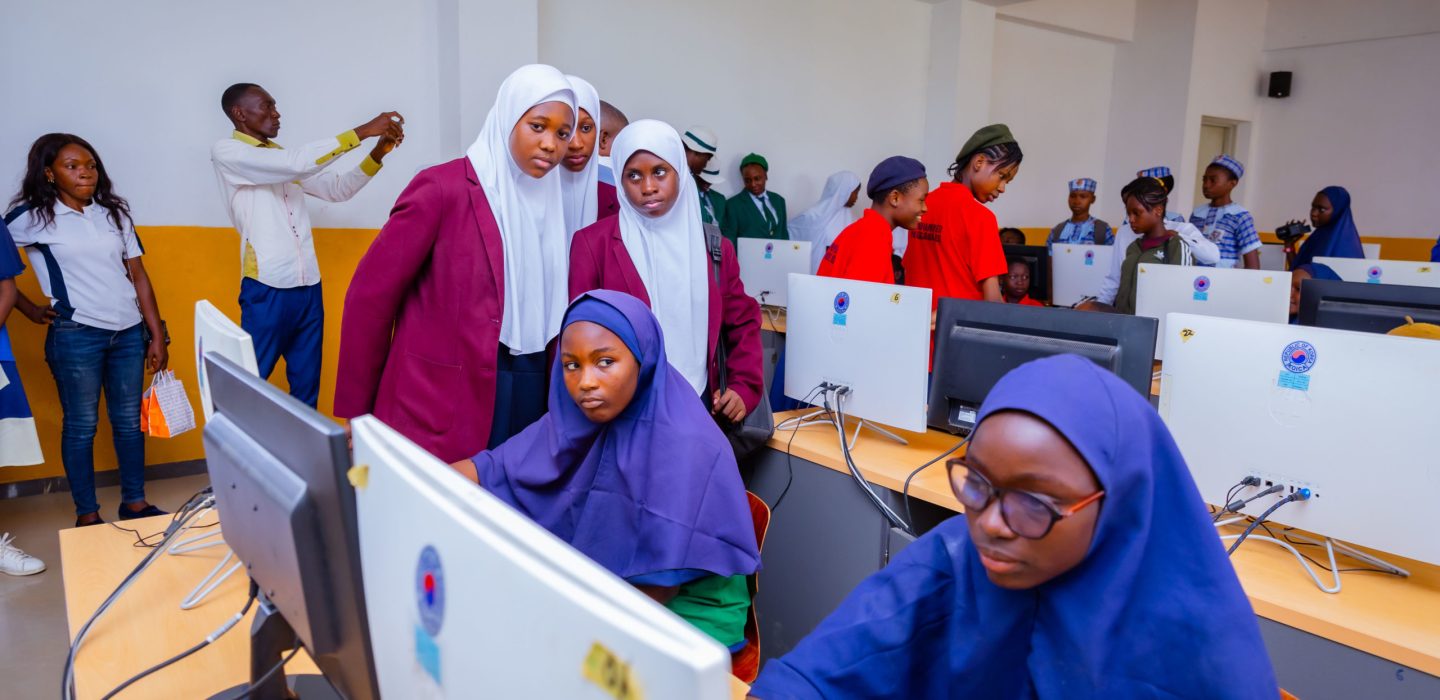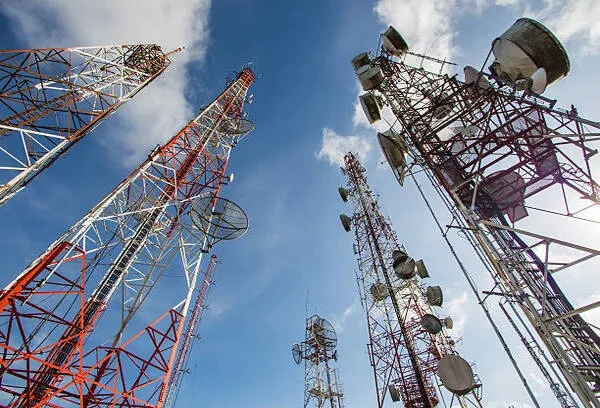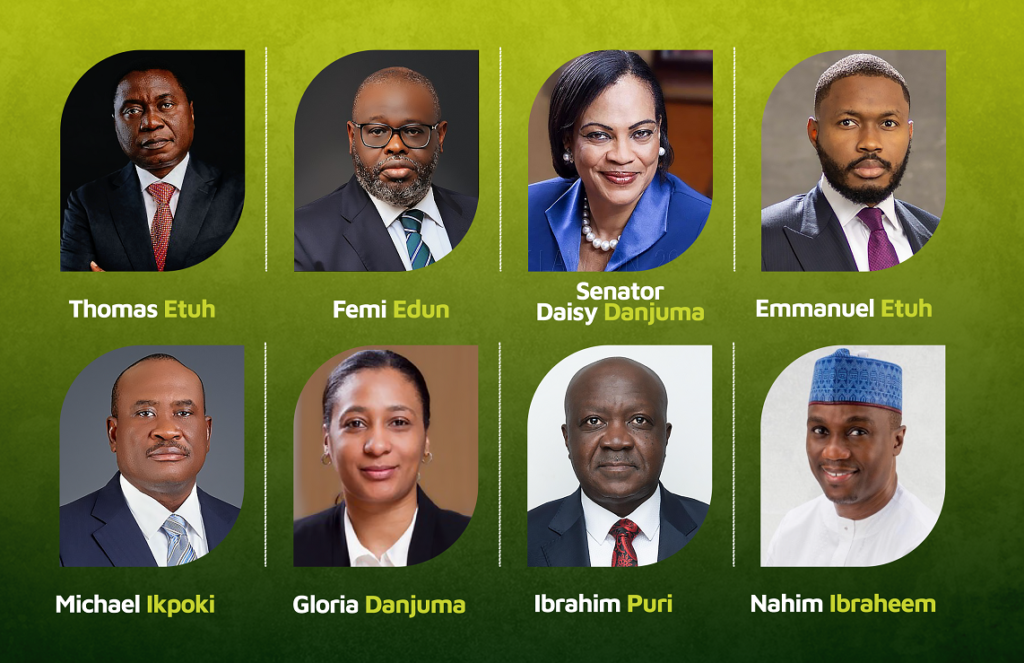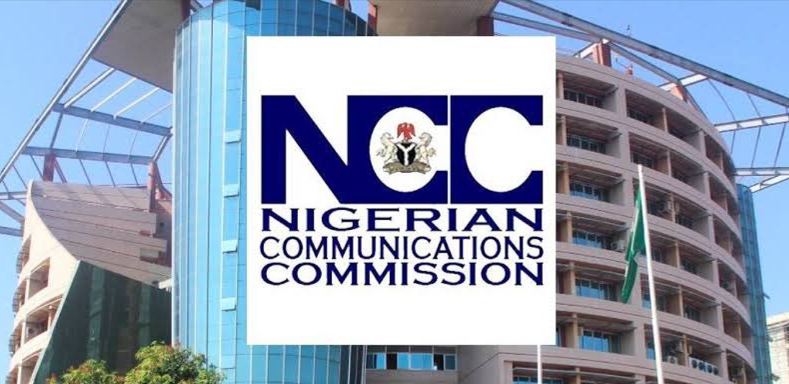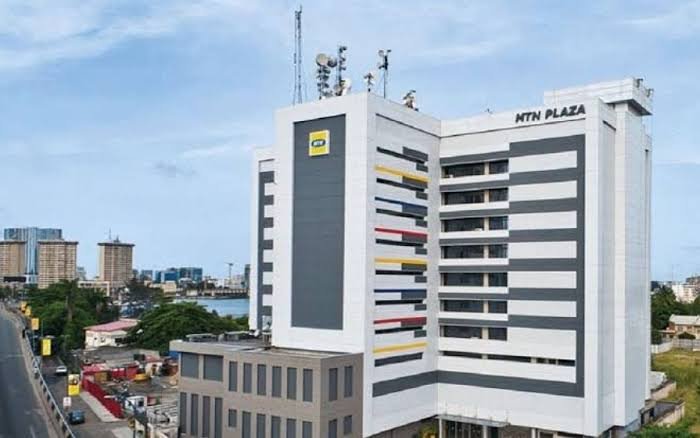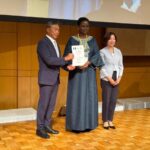The Readland Global has called for more girls participation in hands on technology skills to drive innovation and boost their careers in Science, Technology, Engineering and Mathematics (STEM).
Dr Temiloluwa Adeshina, Co-Founder of Readland Global, made the call on Tuesday in an interview with the News Agency of Nigeria (NAN).
Readland Global is a leadership and learning resource centre.
Adeshina made the call following the emergence of four teenage girls as Africa’s Regional winners in the Junior Team Category of the U.S. Technovation Girls 2025 competition held in Lagos recently.
Technovation Girls is a U.S.-based annual programme designed to equip young women, aged 8 to18, to become tech entrepreneurs and leaders.
“This programme is proof that when we invest in girls, we build nations and it is one of the most strategic accelerators of inclusive innovation Nigeria has seen.
“On a broader perspective, the programme is helping equip the girls with skills to drive the digital economy and bridge the gender gap in tech.
“By focusing on high-potential teenage girls, the programme supports early access to digital skills that traditionally bypass girls in underserved communities.
“It ignites grassroots innovation because many alumnae start clubs, lead projects and advocate for tech access and education in rural areas and multiplying the impact far beyond the original investment,” she said.
According to her, such a programme is strengthening Nigeria’s global presence in STEM because the girls are showcasing the potential of African girls in STEM fields and attracting global collaboration.
The girls who won the competition are Ohaechesi Chinenye (14), Otteh Mmesoma (13), Chisom Mbaelu (13) and Uche Emmanuella (14), all from the Ajegunle who competed in a group called “Smart Gardeners.”
Adeshina, who served as one of the Club Ambassador for the girls, said they developed a mobile application “Grow and Give” without a prior knowledge about computer skills.
“With the support of volunteer mentors and parents, the girls work in teams to develop mobile applications that address real-world problems,” she said.
She said the application was expected to address challenges such as food security, urban poverty, support for vulnerable groups faced by young people and families in Ajegunle.
She also said the girls participated in three stages, quarter finals, semi finals and Africa regional finals and emerged winners at the end of the programme.
Benefits of emerging regional winners, she said, included 250 dollars stipend, exposure to real-world problem-solving through tech, access to global networking opportunities.
Adeshina also said that they would have access to virtual and physical events and belong to a lifelong alumni community that fosters innovation and entrepreneurship.
